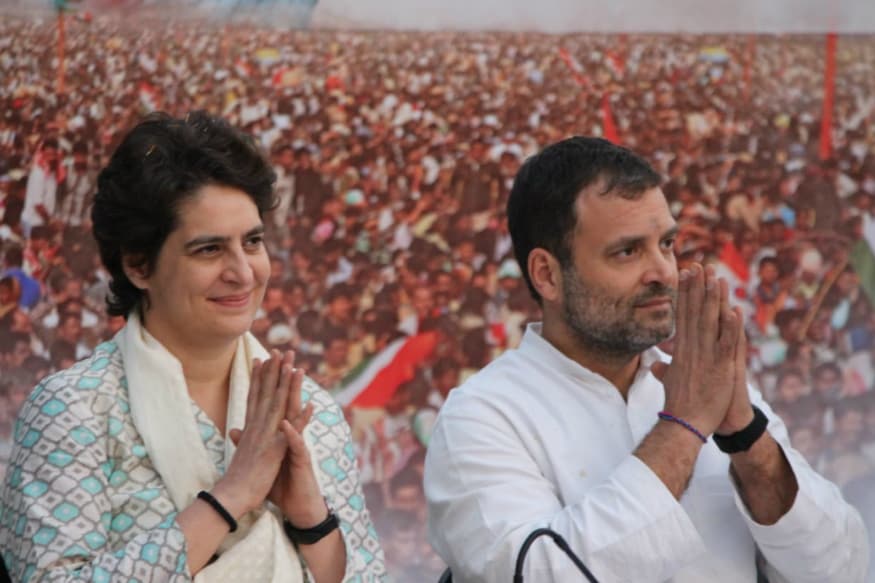In the rapidly evolving political landscape of a “new Bharat,” the Congress party’s Gandhi siblings—Rahul and Priyanka—are increasingly finding themselves irrelevant. Their party’s stance on the recent Waqf Board Amendments Bill has triggered not just political backlash but also a rare show of discontent from multiple minority communities, especially in Kerala.
The Waqf Board Amendments Bill, which has cleared both Houses and awaits Presidential assent, has become a flashpoint. A senior Congress leader from Kerala, Benny Behanan, resigned from his party post, citing what he described as Congress’s “Muslim appeasement” politics. His resignation came amid growing unrest among Christians in the state, who form a significant vote bank in several constituencies.
The discontent is not limited to individuals. Catholic bodies in Kerala have openly endorsed the Bill, urging Christian MPs to support it. Their support undercuts the traditional image of the Congress as a secular umbrella for all minorities—a perception that had survived for decades, even with Sonia Gandhi’s Christian background.
What’s significant is that both Muslims and Christians—two communities rarely seen expressing simultaneous dissatisfaction with the Congress—are now doing so. The Muslim community, particularly in Wayanad, has expressed frustration at the conspicuous absence of their MP, Priyanka Gandhi, during the debate. Congress’s eventual support for the Bill has alienated both groups.

This erosion of trust could have serious implications for the Congress-led United Democratic Front (UDF) in Kerala. But the disenchantment isn’t necessarily a boost for the ruling Left either—it reflects a broader vacuum of credible secular leadership.
Meanwhile, the Bharatiya Janata Party (BJP) is quietly capitalizing. The entry of Anil Antony, son of veteran Congress leader A.K. Antony, into the BJP just before the 2024 Lok Sabha elections was seen by many as symbolic. Though he lost, his move signalled a shift in perception: that the BJP, often dismissed as a Hindutva party, was now being viewed by some Christians as more equitable in governance—thanks to welfare schemes delivered without religious bias.
Adding to Congress’s troubles is Rahul Gandhi’s latest claim that after Muslims, Christians will be the next targets of the BJP. This narrative, floated in the wake of the Waqf Bill, appears increasingly hollow—even among traditional supporters.
The verdict is hard to ignore: the Gandhi siblings have become politically homeless—na ghar ka, na ghat ka—exposed by weak leadership and narratives that no longer resonate.






